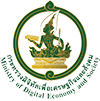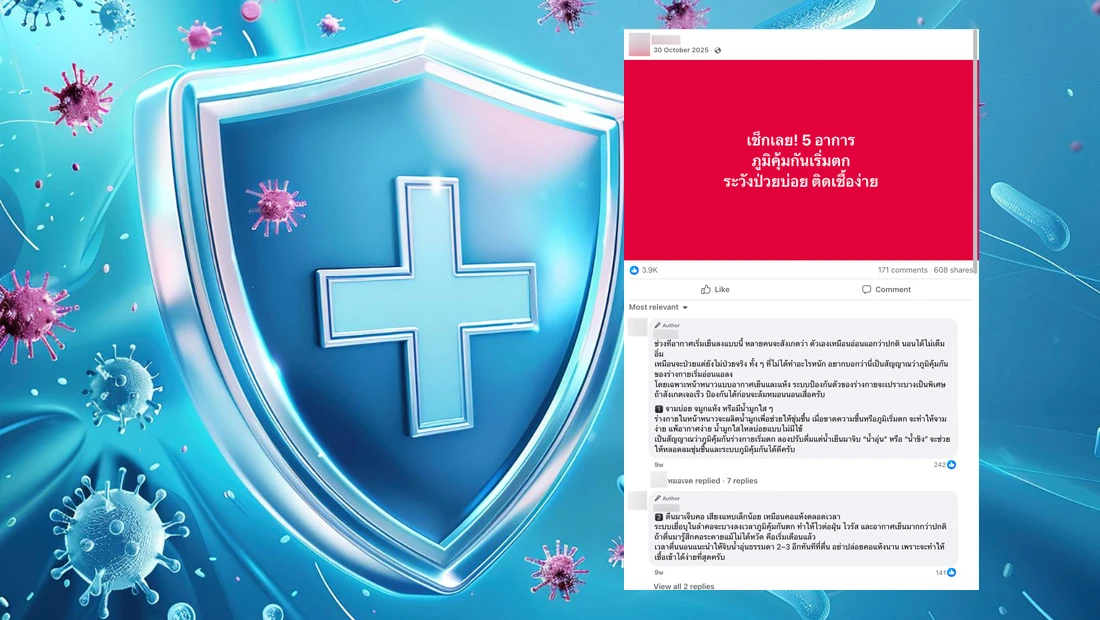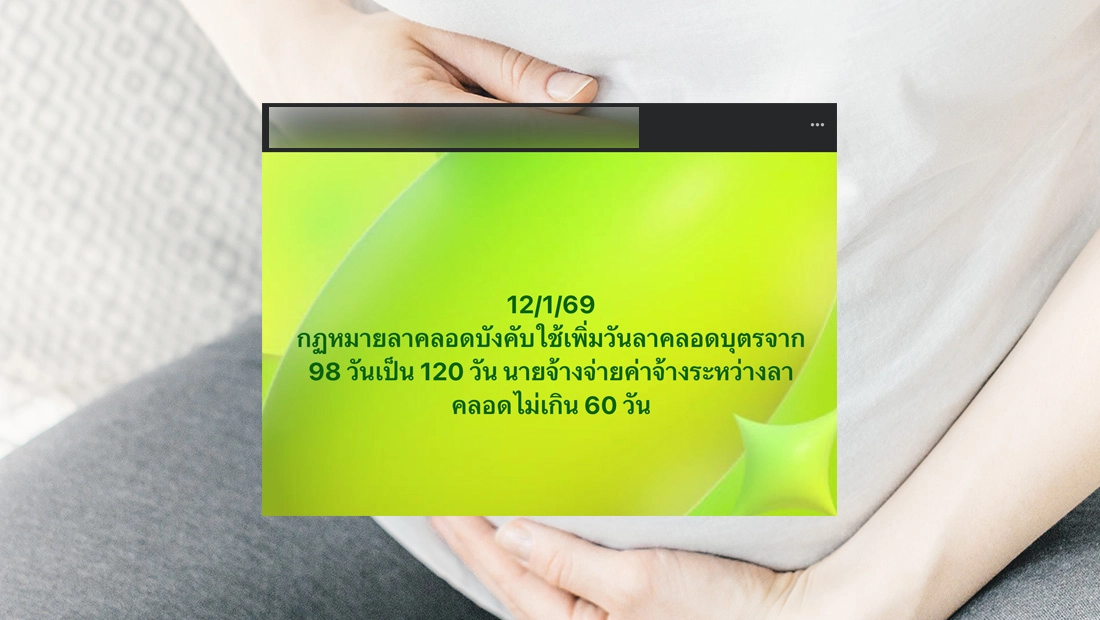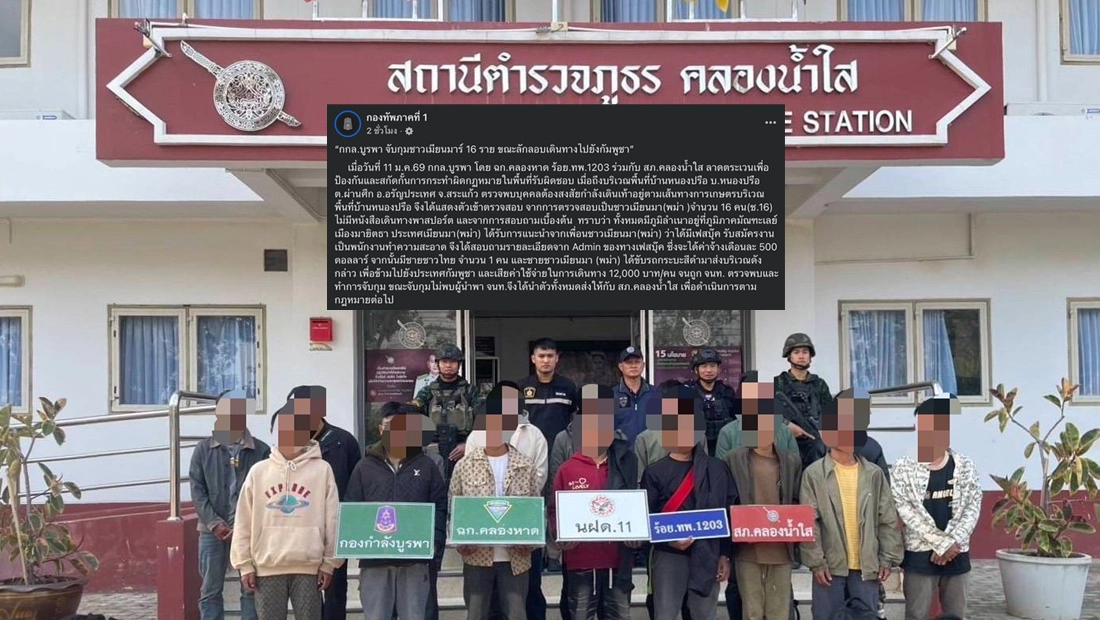ตามที่มีการโพสต์ข้อมูลผ่านโซเชียลมีเดียเกี่ยวกับประเด็นเรื่องการอั้นปัสสาวะบ่อยเป็นโรคนิ่วได้ ทางศูนย์ต่อต้านข่าวปลอมได้ดำเนินการตรวจสอบข้อเท็จจริงโดยกรมการแพทย์ กระทรวงสาธารณสุข พบว่าประเด็นดังกล่าวนั้น เป็นข้อมูลเท็จ
กรณีการแชร์ข้อมูลสุขภาพที่ระบุว่า คนที่มีพฤติกรรมอั้นปัสสาวะบ่อย ๆ อาจทำให้เสี่ยงเป็นโรคนิ่วได้นั้น ทางกรมการแพทย์ กระทรวงสาธารณสุข ได้ตรวจสอบและชี้แจงว่า การอั้นปัสสาวะบ่อยไม่ได้ทำให้เสี่ยงเป็นนิ่วแต่อย่างใด โดยพฤติกรรมที่ทำให้เสี่ยงเป็นนิ่วมีดังนี้ การดื่มน้ำน้อย การที่มีภาวะอ้วน กินเนื้อสัตว์เยอะ กินเค็ม กินวิตามินซีมากกว่า 2000 มก. ต่อวัน กินอาหารที่มีสาร oxalate เยอะในปริมาณมาก เช่น ผักปวยเล้ง บีทรูท ช็อกโกแลต ถั่ว ชา เป็นต้น
โดยอาการของโรคนิ่วในทางเดินปัสสาวะนั้น ขึ้นอยู่กับหลายปัจจัย เช่น ตำแหน่งของก้อนนิ่ว ระดับการอุดตันของทางเดินปัสสาวะ การมีภาวะติดเชื้อในทางเดินปัสสาวะร่วมด้วย
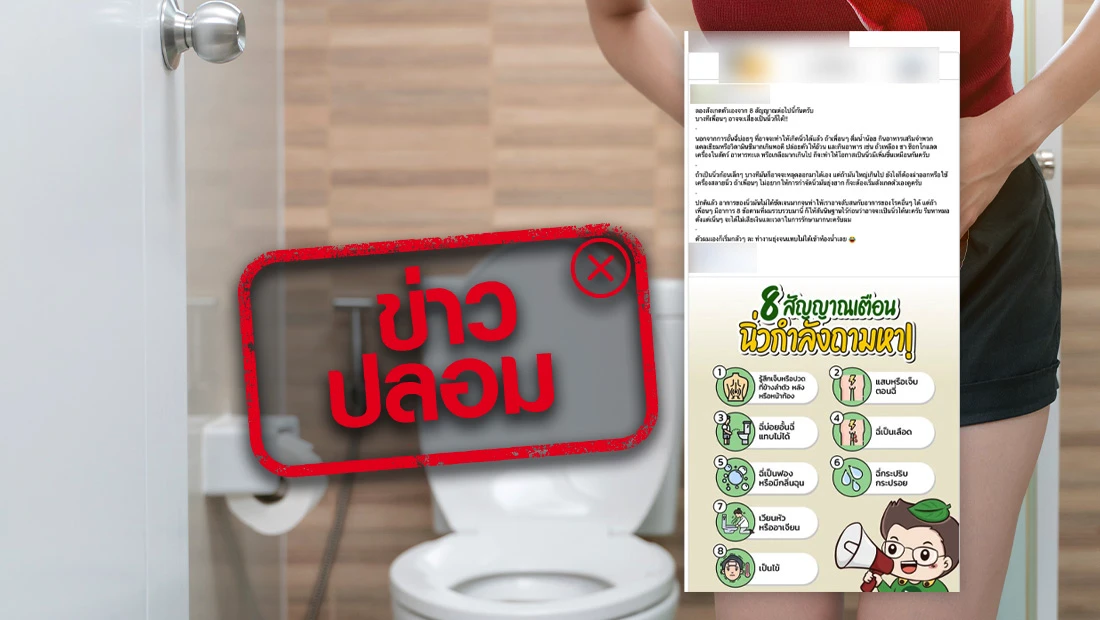
ดังนั้นขอให้ประชาชนอย่าหลงเชื่อข้อมูลดังกล่าว และขอความร่วมมือไม่ส่ง หรือแชร์ข้อมูลดังกล่าวต่อในช่องทางสื่อสังคมออนไลน์ต่าง ๆ และเพื่อให้ประชาชนได้รับข้อมูลข่าวสารจากกรมการแพทย์ กระทรวงสาธารณสุข สามารถติดตามได้ที่เว็บไซต์ www.dms.go.th หรือ โทร. 02-590-6000
บทสรุปของเรื่องนี้คือ : ข้อมูลที่ถูกกล่าวอ้างนั้นไม่ถูกต้อง การอั้นปัสสาวะบ่อยไม่ได้ทำให้เสี่ยงเป็นนิ่วแต่อย่างใด โดยพฤติกรรมที่ทำให้เสี่ยงเป็นนิ่วมีดังนี้ การดื่มน้ำน้อย การที่มีภาวะอ้วน กินเนื้อสัตว์เยอะ กินเค็ม เป็นต้น


